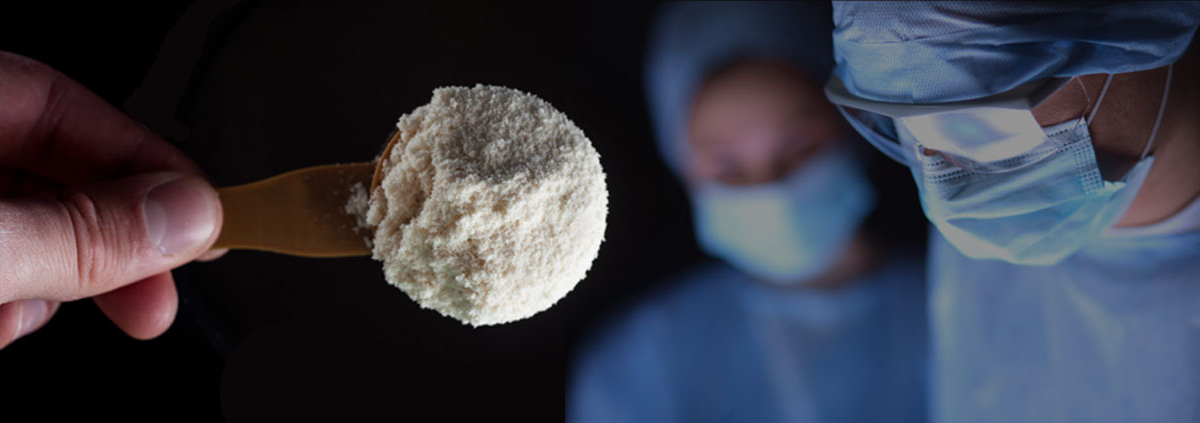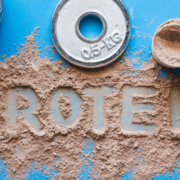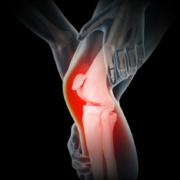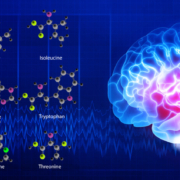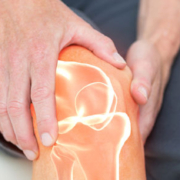Should You Take Essential Amino Acids Before Surgery?
Tuesday’s study left us with a question: what could explain essential amino acids (EAAs) increasing, or at least preventing, muscle loss after total knee replacement surgery? Fortunately, another study examined those factors by obtaining muscle biopsies and blood before and after surgery.
Researchers recruited 41 patients who were having total knee replacement. After randomly assigning them to placebo or experimental group, the experimental group received 20 grams of EAAs twice daily, beginning seven days prior to surgery, until six weeks after surgery. Those in the placebo group were given nonessential amino acids. Muscle biopsies were collected from all subjects the day of the surgery and again either one or two weeks post-surgery with the determination made randomly. Blood was also collected for analysis at the same times as the biopsies.
The researchers found that the subjects taking the EAAs had a significantly increased amount of satellite cells, also known as muscle stem cells that can develop into muscle cells, compared to the placebo group; the ability to build muscle faster could help the recovery process. IL-6 and TNF-alpha were elevated post-surgery in both groups; however TNF-alpha declined by two weeks post-surgery in the EAAs group, which meant inflammation decreased. Based on the changes in cytokine production, inflammation after surgery decreased faster with EAAs than it did in the placebo group.
The researchers concluded that taking the EAAs seven days before surgery increased satellite cells on the day of surgery and promoted a more favorable inflammatory environment post-surgery. That could mean a quicker recovery from surgery and benefits during post-surgical rehabilitation.
The Bottom Line
While there’s more research necessary, I think the use of EAAs before and after knee replacement surgery is helpful. I would extend that even further; I think that EAAs may ultimately prove to be beneficial before and after any type of surgery. In almost every case, muscle tissue is going to be cut and thus will need to repair itself. We don’t know the benefits of EAAs on other connective tissue such as skin and ligaments, but because we’re targeting the key elements of protein with the EAAs, there’s little to no chance of any harm.
Based on these two studies, I think that 10 to 20 grams, spread out in two doses per day, would be the best approach. One important point: take the EAAs 15 to 30 minutes before eating anything or before working out. Those were the protocols used, and it’s the same that I recommend in Aging with a Vengeance for increasing muscle mass as we age.
I’ll be honest: it tastes weird. But I made sure Paula took EAAs before and after her recent carpal tunnel surgery, so you know I think it’s worth the effort.
What are you prepared to do today?
Dr. Chet
Reference: J Appl Physiol (1985). 2019 Aug 1; 127(2): 531–545.

